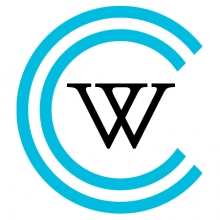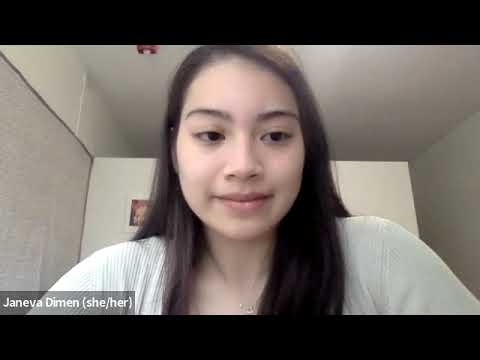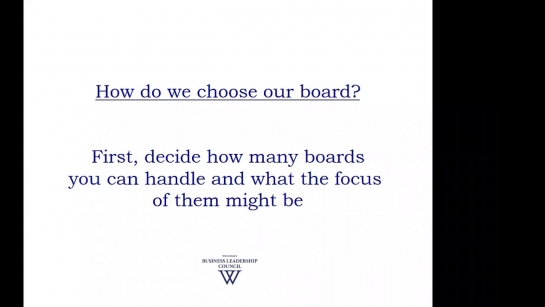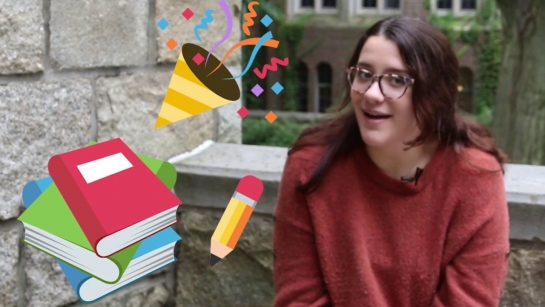Interviewing: Partnership (Fit)

Finding the fit between you and an environment is integral to building a satisfying and successful career. With that in mind, you must first evaluate your professional and personal needs that you would like to fulfill through your next opportunity. In addition, you also must assess what the organization’s needs are and how you would contribute to its mission and goals. This will allow you to determine the extent of your fit with an organization. What are your deal breakers? What are your preferences? Does this opportunity make sense when looking at your short-term and long-term...
Negotiation: An Overview

Negotiation is often one of the most intimidating parts of the job search for so many people. People are unsure about when and if they can negotiate. In order to demystify the process and give you confidence, we have outlined what you can do to prepare for a negotiation conversation, and being prepared will make any negotiation go more smoothly.
Negotiation & Identity

Your social context for negotiation will depend upon a variety of factors. This is where you may ask yourself where you are at this stage in your career journey. How do your identities, values, interests, skills, and other aspects of your background intersect with the negotiation process? All of these components are worth considering because they will inform your approach to the process. Depending on your personal situation, some components may pose more questions for you than others.
How to Sign up for Industry Newsletters

Update your Career Interests in Handshake to sign up for Industry-Specific Newsletters!
Navigating the Job Search: The 4 Step Model

The four steps in this resource will help keep you focused and productive in your search. You should plan on revisiting each step as your knowledge and understanding of positions and industries grow. Each step below is outlined without a specific industry or position in mind. It is best to schedule an appointment with your Advisor for Career Exploration (ACE) or an Industry-specific Career Advisor to customize your process. The questions we have provided at each step are designed to help you reflect on your preparedness and identify what you may need to move forward in the process.
Interviewing Checklist: Reminders for Before, During, and After an Interview

This quick reference guide breaks down the essentials of the interview process.
Test Preparation Book Loan Program


Wellesley Career Education has LSAT, GRE, MCAT and DAT test prep books to lend to current students planning to take one of these exams in the near term.
Artful Communication for Networking

Whenever we interact with others, we are practicing the art of communication. It is something that is best learned by trying and failing, practicing, and observing others who are skilled. When you are exploring careers and trying to find a job, you will be meeting people and building relationships. Improving your communication skills as you try to meet people who share your professional interests should be an ongoing lifelong goal.
Interviewing Proficiency

Much of an interviewing process is variable. It can vary based on the interviewer, the role, the organization, the needs of the program, admissions requirements, and the industry. For example, this can include how formal the interview process is, the attire recommended for the interview, or the method of interviewing used by an interviewer. Of the four pillars discussed in this guide, the one pillar that is core to the interviewing process, and that does not vary in its importance is proficiency.
Interviewing Preparation

As you begin to prepare for an interview, remember that it is essentially a conversation between two people to determine mutual fit. At the end of the conversation the interviewer should be able to determine whether or not you are able to perform the responsibilities required for the job, internship, fellowship or program and you will be able to determine whether or not the organization and role are the right next steps for your talents, taking into consideration your interests, academics and career aspirations.

Think of your LinkedIn profile as a virtual “resume” that includes information about your education, experiences, skills, and much more. Keep in mind that your LinkedIn profile, similar to your resume, is an opportunity to brand yourself. So before you begin building your profile, you should think about how you want to communicate your brand. Ask yourself: What sets you apart from your peers? What unique contribution do you bring to the table?
CV (curriculum vitae) Guidelines

Your CV or curriculum vitae is similar to your resume. It clearly represents your current and past experiences and accomplishments so that your reader can understand the unique value that you bring to a job/internship/academic program. A few important differences to keep in mind about your CV are outlined in this document, along with helpful tips for format and content.
How to Write Effective Resume Bullets

Writing resume bullets is often the most challenging aspect of writing a resume. Yes, settling on the best design and format and determining the most relevant experiences to highlight on your resume can take time; however, effectively describing your experience is the most important task. In many ways, this is because your bullets provide the majority of the content and context for your resume, and it is the content of a resume (i.e. the resume bullets) that will distinguish an average resume from a competitive one.
Crafting Your Pitch

A pitch is brief — think 30 seconds — and gives a quick glimpse into your background, highlights your strengths and value, clearly outlines your goals and serves to develop a relationship with your audience. A pitch sums up your unique promise of value and gives the audience a clear understanding of your motivations and goals.
Interviewing Presentation

Presenting yourself professionally will come more naturally if you have done your due diligence to prepare for the interview. After you thoroughly research the employer, the role, and yourself, you will be ready to focus on how your presentation skills. These skills are essential to demonstrate from the time you respond to an invitation for an interview to the time you send thank you notes to the interviewers. Aim to be your most genuine, positive, polite self.
Introduction to Networking

For some, the idea of networking is exciting. For others, the mere mention of the word can be anxiety provoking. In either case, it is important to know:
- Why networking is important to your lifelong career success
- What networking actually is, and what it is not
- Where you can effectively network
- Skills and strategies for networking





